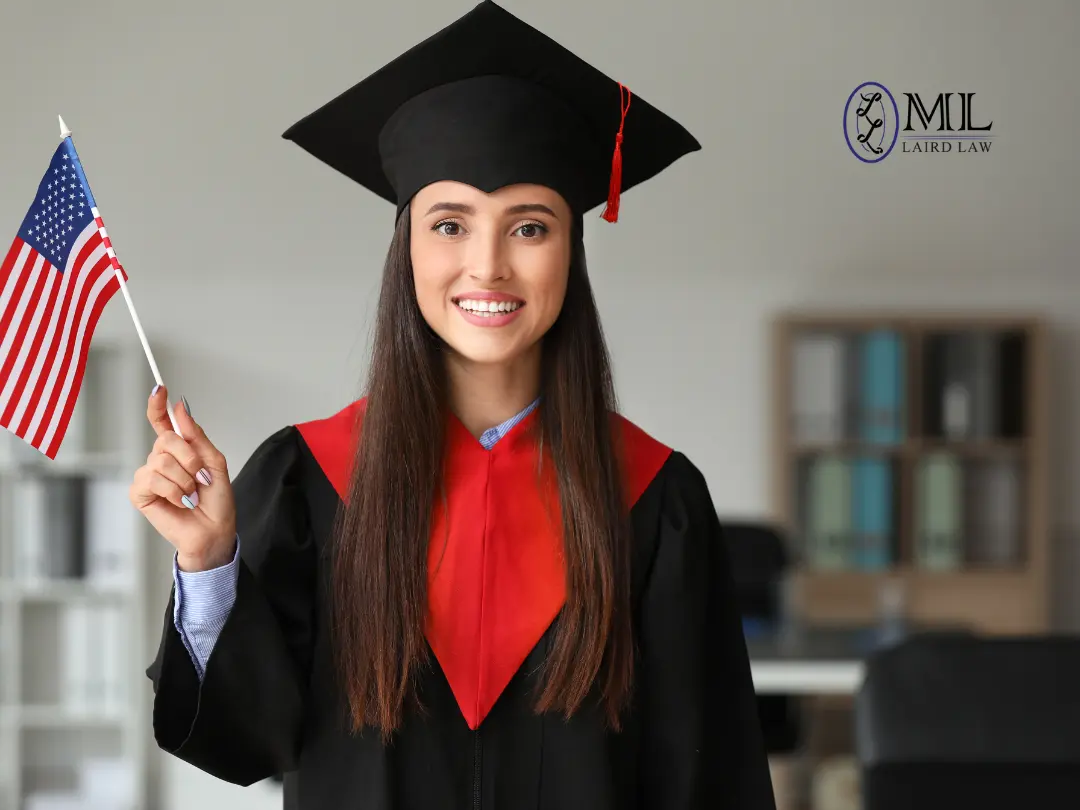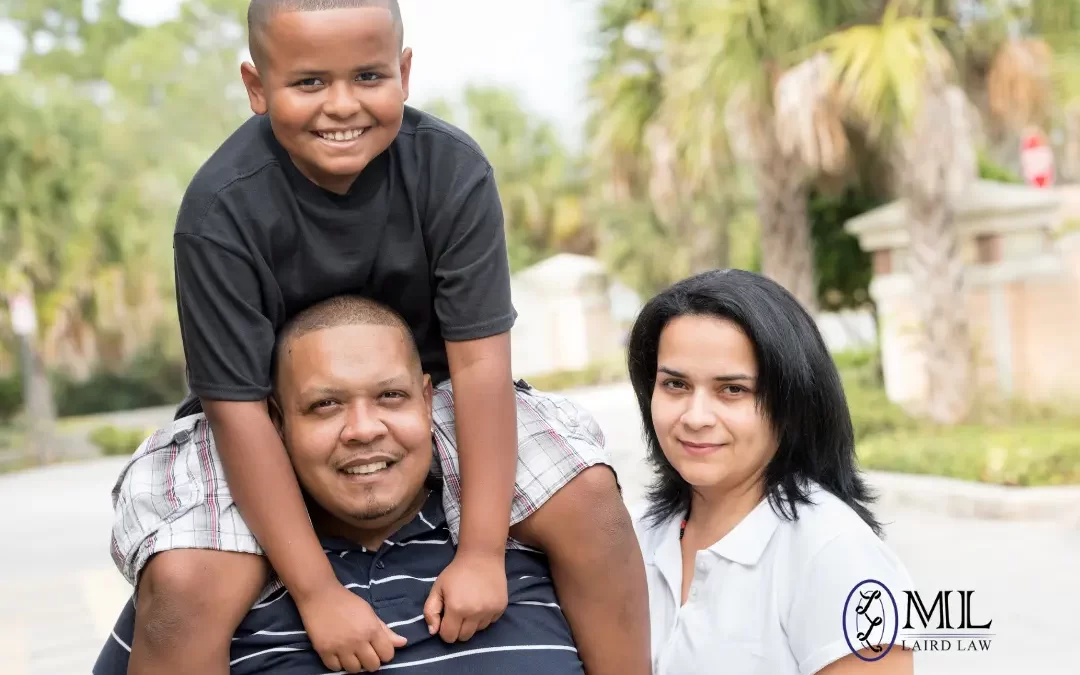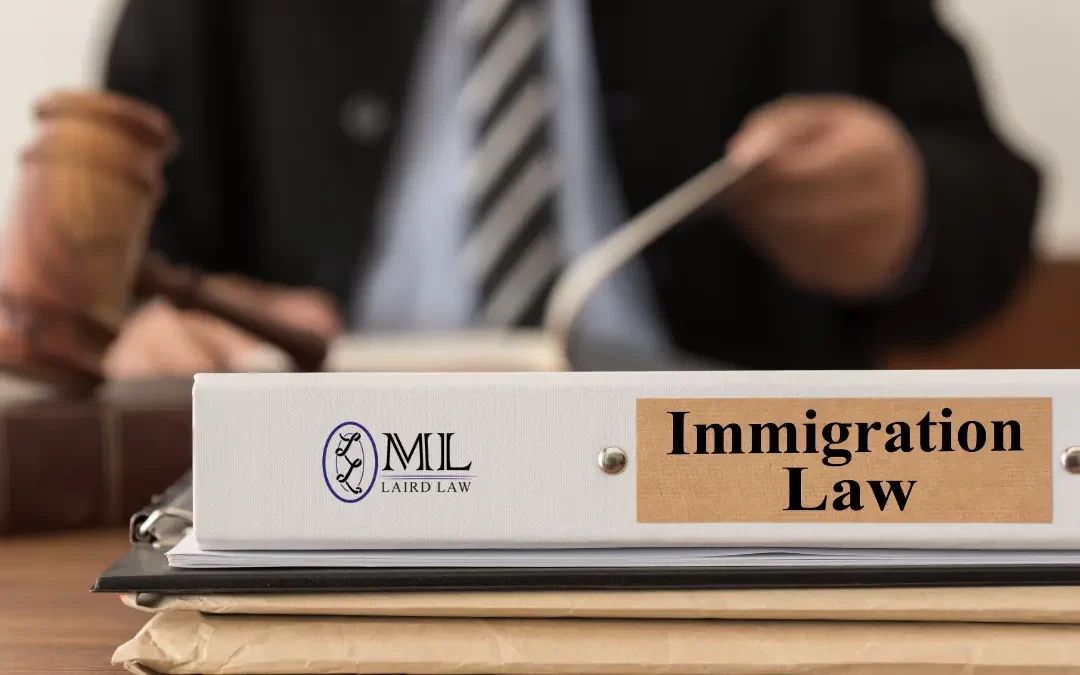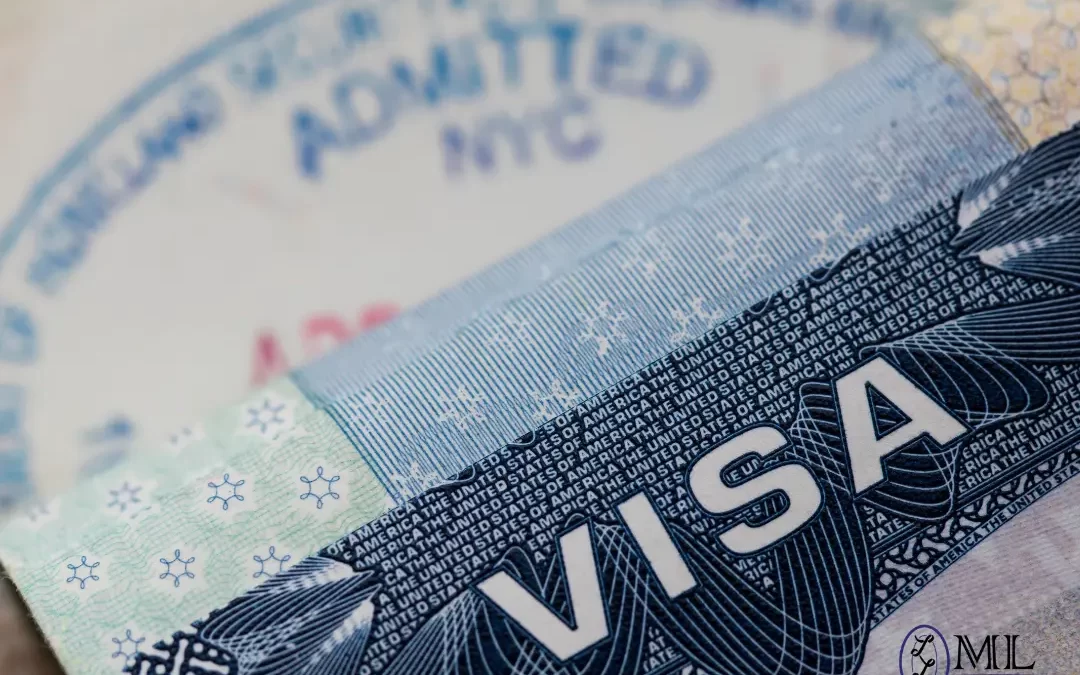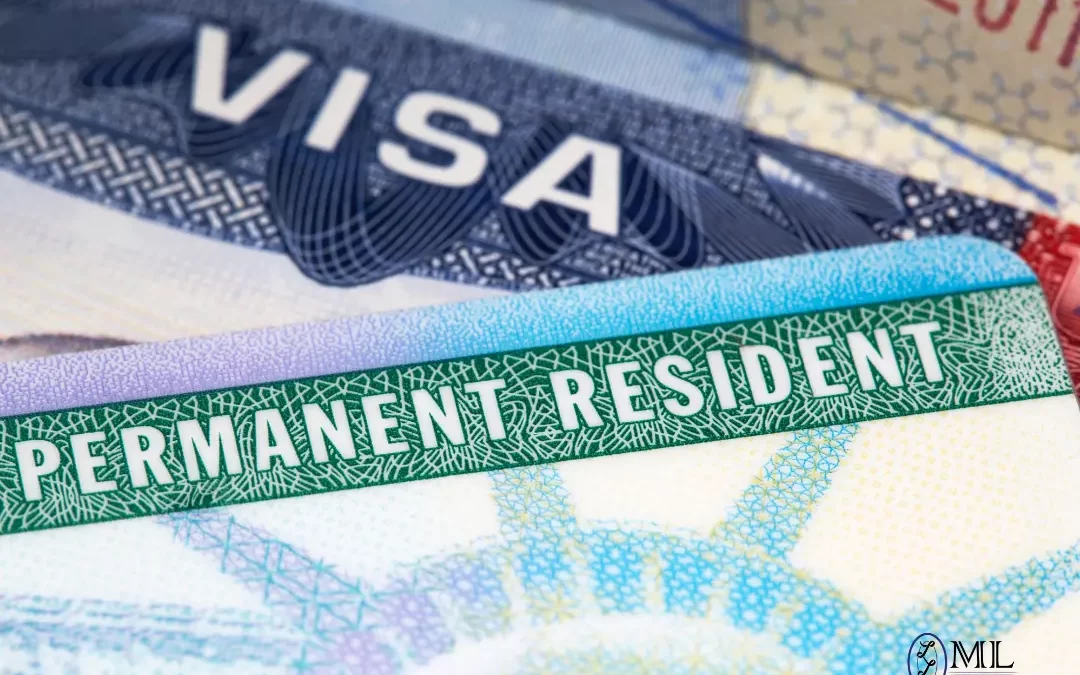Navigating your visa options as an international student can seem like a puzzle at times, but there is a specific pathway to legal residency that’s been created just for you! Understanding the limitations and accommodations of F1 and M1 visas can help make your immigration process go smoother. Expert legal advice is critical during this process, but this guide can help to break down what steps to take next.
Understanding Visa Options For Students
Before you begin your academic journey in the U.S., know your student visa options.
F1 visas are for academic studies.
The F1 Academic Student Visa allows you to enter the U.S. as a full-time student at an accredited school, which may include college, university, seminary, conservatory, language institution, or even elementary or high school.
M1 visas cover vocational studies.
The M1 Vocational (Non-Academic) Student Visa allows you to enter the U.S. as a student in a full course of study at a vocational school. These non-academic institutions could include culinary schools, language programs, cosmetology, flight, and other trade schools. Students with M1 Visas are permitted to work in their vocation to gain training in the field.
Visa Options For Students: Applying For a Student Visa
Once you’ve decided whether you want to pursue academic or vocational studies, it’s time to apply for a student visa. Remember, only SEVP-approved institutions can submit individuals to the Student and Exchange Visitors Information System (SEVIS). But once you’ve applied to your chosen school, and been accepted, you’ll receive Form I-20.
The next step is to register in SEVIS and schedule a visa interview at the nearest embassy or consulate. Hold onto that form from earlier — you’ll need it! Make sure to submit Form I-20 at the time of your visa interview, along with necessary documentation such as your acceptance letter from an educational institution, proof of finances, and a valid passport.
Keeping Your Status As a Student
Once you’ve started your studies, it’s even more important to stay on track with your immigration status! To keep your status as a student, there are some rules. Here are the non-negotiables to avoid probation:
- Keep a full-time course load.
- Attend class.
- Apply for permission to work off-campus, and no more than 20 hours per week.
- Report change of address within 10 days.
- Keep your passport valid.
Extending Your Stay As a Student
If you are studying in the U.S. and need more time to complete your studies, or if you need to switch your visa to a different type — don’t worry! Changing your student visa to reflect your new goals is completely possible, but you’ll need to abide by the deadlines of your original visa.
- Before your authorized stay comes to an end, submit a request form to USCIS to extend your stay. Your student visa must still be valid.
- Apply as early as possible, as you may need approval at least 30 days before the start date of your program.
- Do not assume a change of status is approved. If your change of status is still pending, your studies may be deferred to the next academic semester and program start date.
Discover How the Right Legal Expertise Can Make a Difference With Your Student Visa Options
Waiting for your visa or a change in immigration status can feel overwhelming— like you’re being left in the dark! But getting help from an experienced immigration attorney is almost like having a guide who knows the ins and outs. At Laird Law, our team is committed to the process. We’ll explain what you need to do next, how to protect your rights, and the best student visa options available for your situation. Contact us today and discover how the right legal expertise can make a difference!

